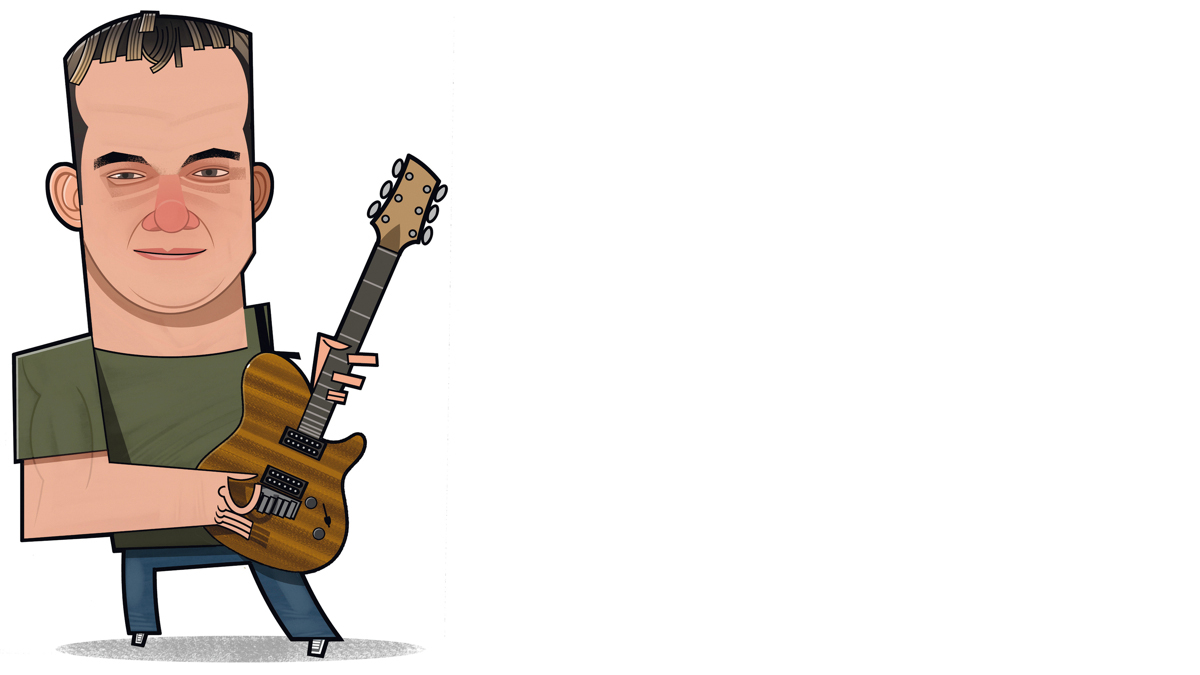Travelling a different pathway to guitar excellence
We take some advice from Larry Carlton

Often here at GT, we meet up with a guitarist that enriches our outlook on playing. On the odd occasion, they can even make us realise that they have developed in a way that, while perhaps flying in the face of tradition, is probably all the better for it.
This was the case when we met up with the revered guitarist's guitarist, Larry Carlton for a video masterclass series (from GT216, on sale 22nd March.)
For many, learning to solo and learning to play chords are two separate development strands, with no apparent connection. This is largely endorsed by looking at the two typical guitar roles in a band - the lead guitarist and the rhythm guitarist who rarely venture into each other's world.
For the lead guitarist, they often develop by learning more techniques and scales, rarely with further chords. From pentatonic hammer-ons to shred-picked Phrygian Dominant sequences, single notes are king.
This was certainly apparent back in the '80s where long nights of speedy three note per string practicing steadily became the norm for progressive guitarists. This scale approach maybe good for extending traditional fretboard shapes but not so good for direct linking to underlying chord shapes.
So, when we met up with Larry Carlton, his perspective on developing as a lead guitarist was quite a breath of fresh air; and what a soloist he is!
"I approach the guitar, 99% of the time through chords. The reason I sounded different in the '70s was I was picking notes from chords rather than scales, resulting in wider interval jumps. Now my approach is chords and scales for a more versatile and, at times, linear approach: I've melded the two together."
Want all the hottest music and gear news, reviews, deals, features and more, direct to your inbox? Sign up here.
Ultimately, who's to say which is the best route to being a great guitarist? Ideally (and this is simplying things somewhat,) all serious guitarists should be able to play bluesy licks, burn on linear sequences and nail important chord tones during tasty (or complex) chord progressions.
To achieve this well though requires time, dedication and a balanced perspective towards your scale/chord development.
So here's my question to you: what do you feel is the strongest area in your overall soloing and chordal vocabulary? Furthermore, what do you plan to do about the weakest?

